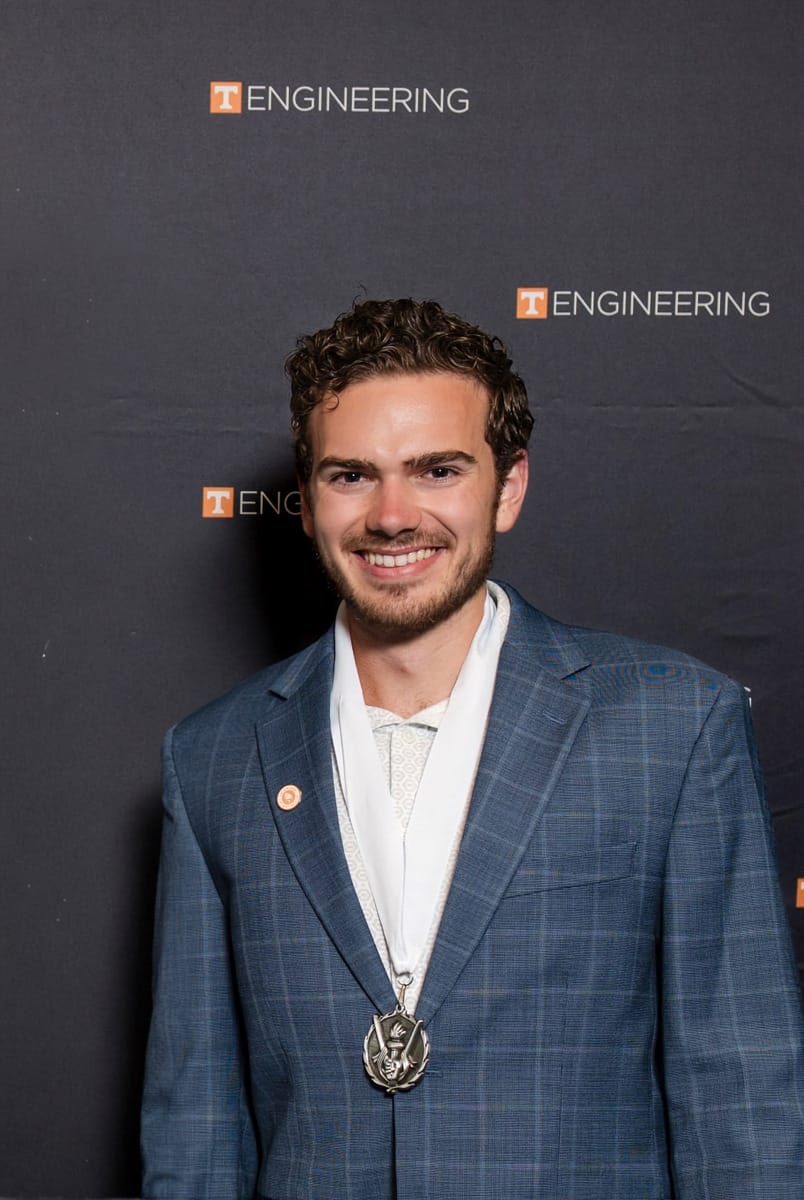Books train your imagination to think big.
Let’s face it. Engineers are notorious for avoiding reading. My engineering friends and I joke that we chose to study Engineering because it was the furthest major away from English and Journalism.
But…the truth is that words and books are powerful. They enable us to learn at an accelerated rate and avoid decades of trial and error. Books are the distillation of someone’s life experience and knowledge, and engaging with books makes us engage with big ideas.
Here are the books I have found impactful and interesting. I have included a brief summary of the main ideas from each one:

Mirroring: Repeat the last few words to encourage your counterpart to share more.
Labeling: Identify and label the emotions to validate the other person's perspective.
Calibrated Questions: Use open-ended questions starting with "What" or "How" to gain more insights.

User-Centric Design: Prioritize user needs and create a product aligned with their expectations.
Iterative Prototyping: Embrace a culture of quick testing and refinement through prototypes.
Vision Setting: Develop a clear and inspiring vision to guide the team's efforts.

Prioritize Sleep: Establish a consistent sleep schedule and create a conducive sleep environment.
Limit Stimulants: Avoid stimulants like caffeine close to bedtime for better sleep quality.
Bedtime Routine: Develop a relaxing routine to signal the body it's time to wind down.

Simplicity: Simplify your message to make it more memorable and impactful.
Concrete Examples: Use vivid, concrete examples to enhance understanding and retention.
Emotional Connection: Create an emotional connection to make your message resonate with the audience.

Curiosity Cultivation: Foster curiosity by asking imaginative and unconventional questions.
Problem Simplification: Break down complex problems into simpler components for creative solutions.
Experimentation: Don't fear experimentation; it leads to unexpected insights and solutions.

Clear Goal Definition: Clearly define sprint goals to align the team and maintain focus.
Time-Boxed Activities: Use time constraints to keep the team focused and prevent overthinking.
Rapid Prototyping: Quickly build and test prototypes for efficient idea refinement.

I haven’t read this one yet, but it is on my list. From my research, it is a crucial book to read for engineers.
Affordances and Signifiers: Design with clear cues on how objects are used to enhance usability.
Feedback Systems: Provide users with information on the system's state for a better user experience.
Mapping and Consistency: Establish clear relationships and maintain design consistency for intuitive interaction.
Cool Photo of the Week:

Moraine Lake, Canada Shot by Dianne Styles
Final Thoughts
What books would you add to this list? Do you have any favorites that have really helped you think about engineering or were just enjoyable? I’d love to hear about your experiences.
Enjoy this: Please tell a friend about it.
Rock on,
Camden
